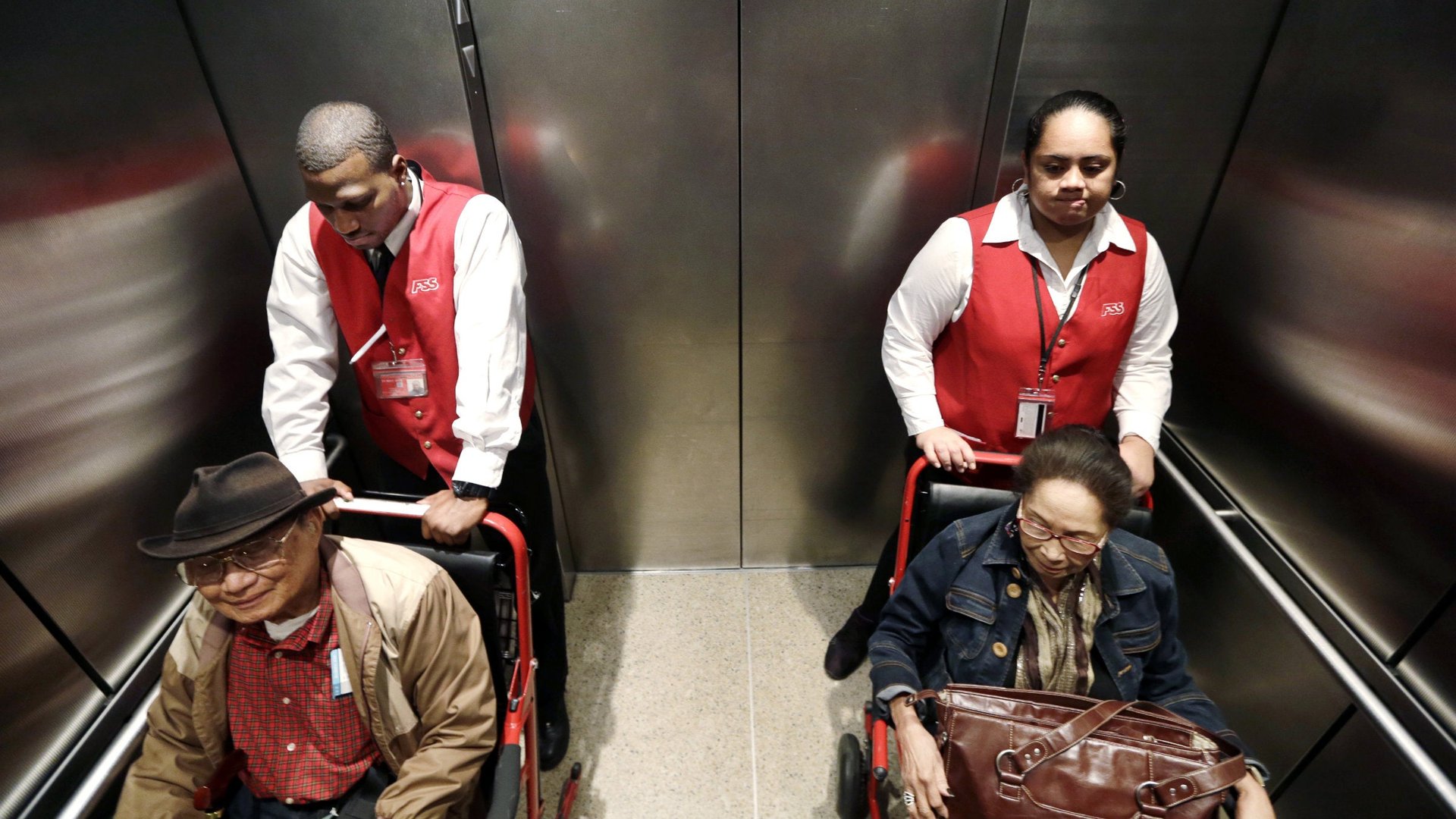Anyone who says minimum wage has no effect on employment is wrong
There’s a misconception going around about the effect of the minimum wage on employment—namely that there isn’t one.


There’s a misconception going around about the effect of the minimum wage on employment—namely that there isn’t one.
This past weekend, New York Times columnist and Nobel Prize winner Paul Krugman came right out and said it: “hiking the minimum wage has little or no adverse effect on employment.”
The current New Yorker sounds the same drumbeat. Writer Steve Coll lauded a 63% minimum wage increase in the SeaTac suburb of Seattle, Washington and said it would not have “a significant impact on other job seekers or on total employment.” He concedes there exists a “theoretical level” where increasing the minimum wage might impair job creation, but apparently this whopping increase isn’t it. He goes on to cite a study, his “best evidence,” where “pairs of neighboring counties with differing minimum pay found that higher wages had no adverse effect on restaurant jobs.”
They’re wrong. Or at least they might be.
The certainty suggested by both Coll and Krugman simply doesn’t exist.
A survey of economists asked if a $9 federal minimum wage would make it “noticeably harder” for low-skilled workers to find jobs. A third of the economists agreed, a third disagreed and about a quarter were uncertain.
Indeed, there are few issues more divisive among economists than the minimum wage. Yet even the economists who don’t think the wage is a job-killer include an important caveat: small increases don’t matter. Big ones, like what SeaTac just passed, is much larger than what’s been studied and what the economists based their opinions on.
The disagreement among economists reflects that overwhelming evidence one way or another doesn’t exist. Top scholars, arguing both sides, have written books and countless journal articles on employment and the minimum wage. A review of the literature has been well summarized by both left– and right-leaning commentators. But not surprising, each side tends to reach a different conclusion.
If our ultimate objective is alleviating poverty, perhaps asking whether a higher wage kills jobs isn’t the right question. Recent research by Jon Meer and Jeremy West studied how many low-skill jobs were created under a higher minimum wage. They believe a minimum increase hinders low-skill job creation—and that makes the poor worse off.
So where does this leave us? There’s no evidence yet about what a large increase would do to jobs. But considering the evidence is mixed on small increases, a large increase is a risky strategy. It is misleading to suggest otherwise and suggest any economic consensus exists on this issue.